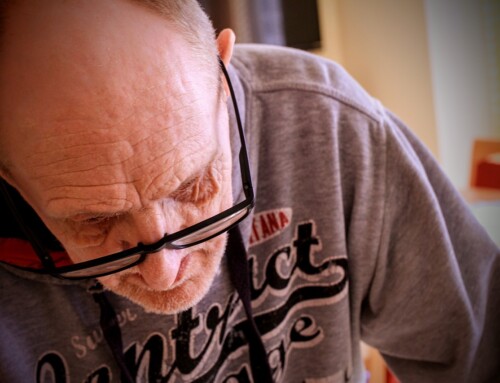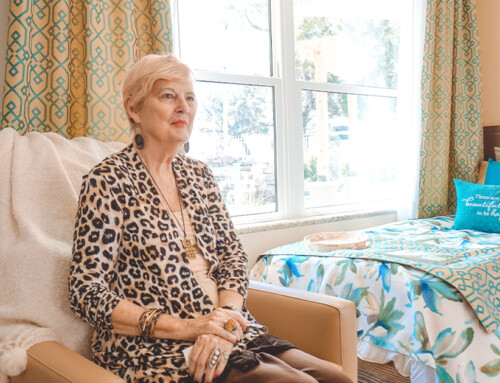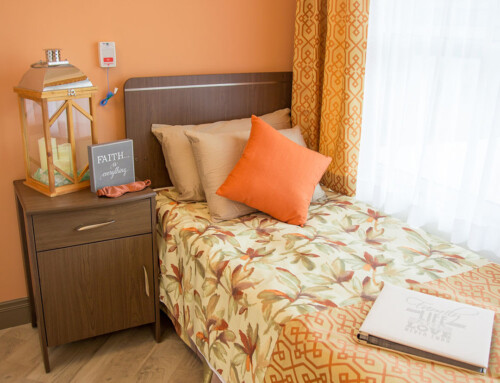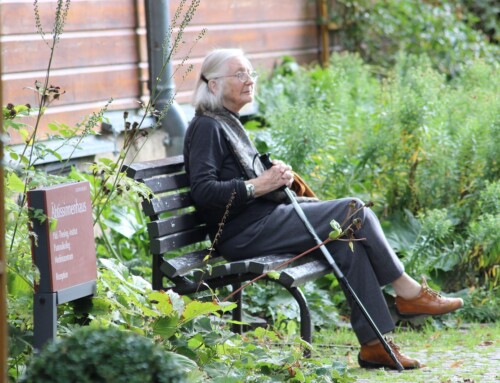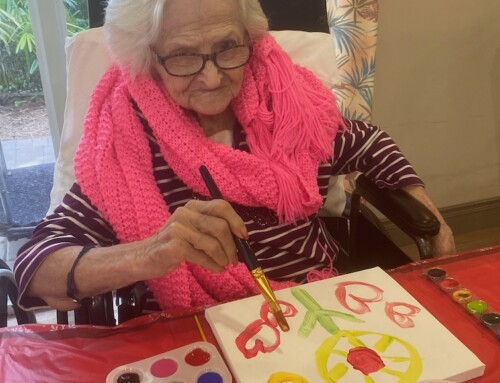As we get older, many things begin to change. It’s natural to experience a little forgetfulness or an ache or pain that wasn’t there before, but some of these signs may be precursors of dementia. There is increasing evidence that dementia has an extended preclinical phase that may begin years or even decades before an official medical diagnosis. Some of the data regarding preclinical signs of dementia and declines in memory includes the onset of difficulty with motor skills. When it comes to balance and coordination, it can be challenging to distinguish regular age-related changes and motor skill decline that may put seniors at increased risk for dementia.

Once dementia is confirmed, loved ones will likely become increasingly aware of the shifts in their friend or family member’s memory and organizational capabilities. They may also notice their loved one finds dressing or walking without help challenging. Similar to the declining cognition generally associated with dementia, decreases in coordination and stamina may also indicate more prolific brain damage.
Exercise Can Help Delay Dementia
Studies have proven that routine physical exercise plays a critical role in protecting, maintaining, and supporting the health and wellbeing of those experiencing either preclinical or clinical signs of dementia. Of course, any physical exercise regimen must be safe for the participant and offer a sense of accomplishment and enjoyment. While anyone should get approval from their medical professional before embarking on an exercise routine, it is especially vital for an elderly individual to begin any new physical activity that will help with motor skills. A physical therapist is often the best place to begin when starting a routine for a senior loved one. They can create an exercise regimen to enhance stamina, agility, and balance and identify exercises to avoid problems with balance or falling. If you do not have any recommendations, you can find local physical therapists on the American Physical Therapy website. Your family member’s physician, nurse, or social worker may also be able to offer guidance as to an excellent professional to contact.
Appropriate exercise for a senior may include walking, dancing with friends, outdoor gardening, or even light housework. All are affordable options that don’t require equipment – and can promote a sense of accomplishment and fulfillment. All of these activities promote social and cognitive stimulation, and adding music to these activities can compound the positive impact.
Activities – exercise or otherwise – that improve small or fine-muscle motor skills are all helpful. The ability to use buttons or zippers, open a box of crackers, or eat with utensils helps those living with dementia or early-stage Alzheimer’s disease to maintain their autonomy for as long as possible. An occupational therapist (OT) can provide exercises and adaptive equipment to facilitate home living.
Other Activities That Improve Motor Skills
Some older adults may not love the idea of exercise, regardless of the benefits. However, if you want to help your loved one retain motor skills and cognitive ability as long as possible, there are other activities you can suggest. Small muscle exercises such as arts and crafts projects, scrapbooking or working with photo albums, baking cookies, painting and drawing, or container gardening can cultivate socialization and improve cognition. An added vital benefit is creating things to share with others, which can encourage ongoing relationships and engagement that stave off depression and isolation and boost wellbeing.
A Banyan Residence Supports Well-Being
A Banyan Residence is an assisted living and memory care center located in The Villages. We are dedicated to supporting our residents in any way possible to achieve the quality of life they deserve. Call today to learn more about our residences and programs.



